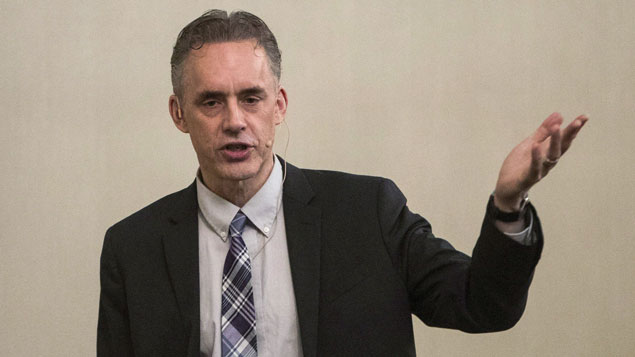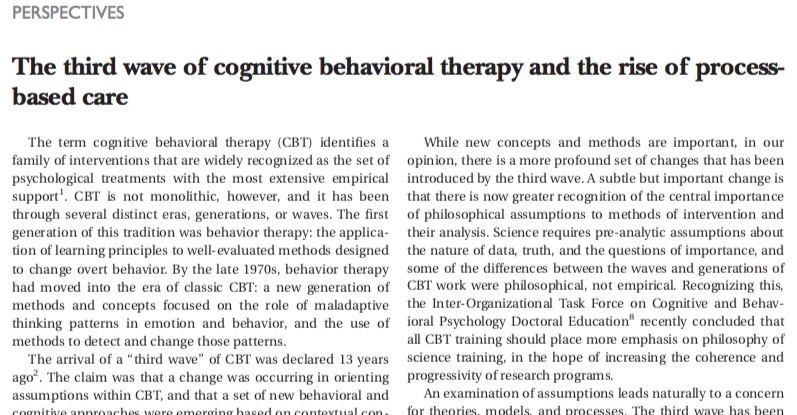The general theme of the problems I have with PCSAS (I'm looking at you here, McFall) is the inconsistencies involved in their arguments.
They have great disdain for Psyd programs and their students, because PsyD programs are not grounded enough in science. Not entirely a baseless argument, depending on the specific program (e.g., Rutgers), and I'm certainly not one to shy away from criticizing poor quality and expensive PsyD and PhD programs. The problem with this is that one of their criticisms of the APA is that it doesn't accredit master's-level counseling programs. There are lots of reasons why the APA does do this (I'm not taking a position on this issue either way here), but is it really logically consistent to argue against Psyd programs for their dearth of science training while also advocating in favor of master's-level counselors? Again, I'm not arguing against having master's-level providers, but I would bet good money that the average PsyD program offers more science education and training than the average counseling program. This line of argument just doesn't make sense.
Relatedly, one of the accusations they hurl at the APA, deserved or not, is that it is practicing "gatekeeping" by not accrediting master's-level counseling programs. This isn't necessarily an invalid argument on its own, but it's fairly clear that PCSAS looks down on any psychologist who would want to exclusively do clinical work of any kind. It's also obvious that their formulation of PCSAS is to turn doctoral-level psychologists into primarily researchers with clinical work as a tertiary role, at best, well behind consulting and other roles that don't involve patient-care. To them, it's beneath the profession to not be an active researcher. It kinda sounds like they want to a do a bit of their gatekeeping to me, vis a vis making PCSAS programs the only legitimate doctoral programs in clinical psych and training almost exclusively researchers.
This condescension towards the quality of training received other kinds of doctoral programs program kind of falls flat when you see the training offered at some of their programs. One in particular has an interesting perspective on didactic classwork. To meet the APA course requirements for certain classes beyond the mere four or so courses required by the program, their solution is to have students go through a selected reading list supposedly giving them a comprehensive look at the topic. How do they assess competency after this reading assignment? Literally a single, one-on-one conversation with a faculty member. There's no rubric or other objective measure of their knowledge or mastery. I'm not sure if this is unique to this particular PCSAS program or if it's more pervasive across the system, but it's still weird and slightly alarming. At the very least, I don't think this particular program that follows these practices has much ground upon which to criticize anyone else's didactic training.
I'm not saying that PCSAS has no arguments, but rather that they seem to lack some self-reflection required to examine their arguments with a critical lens.



